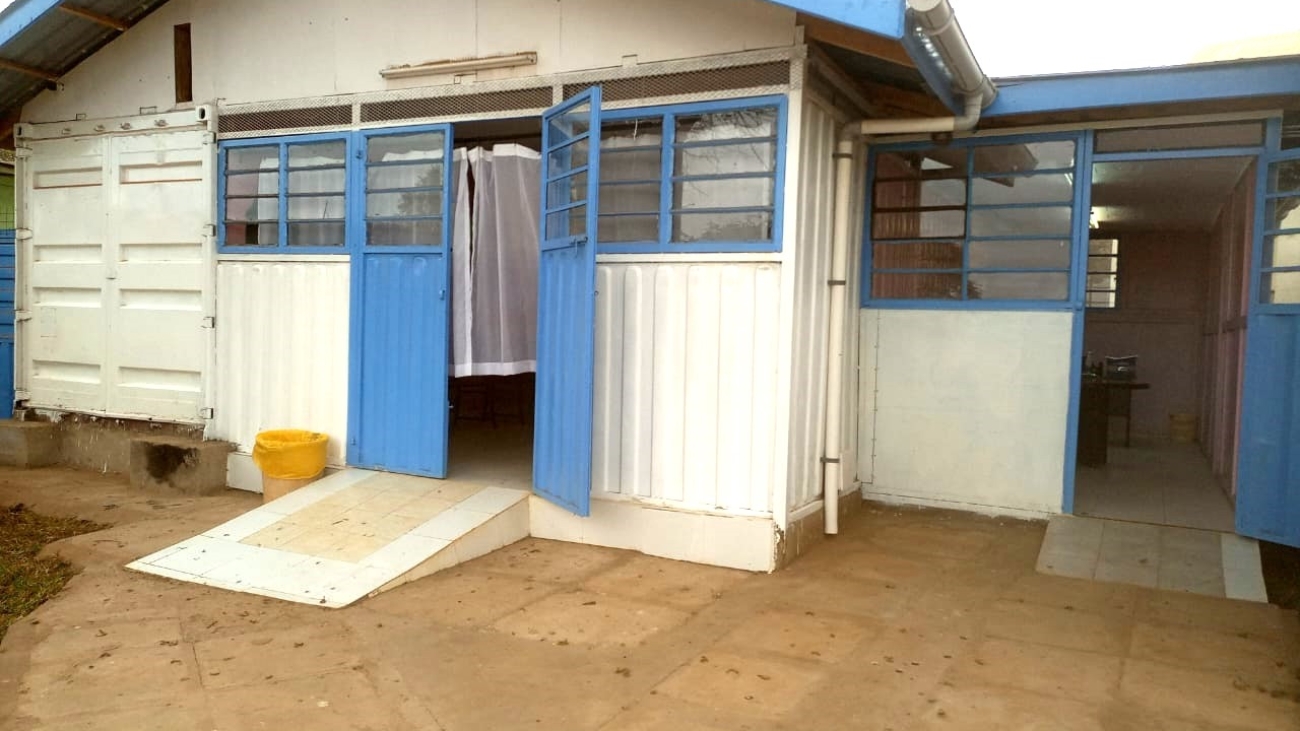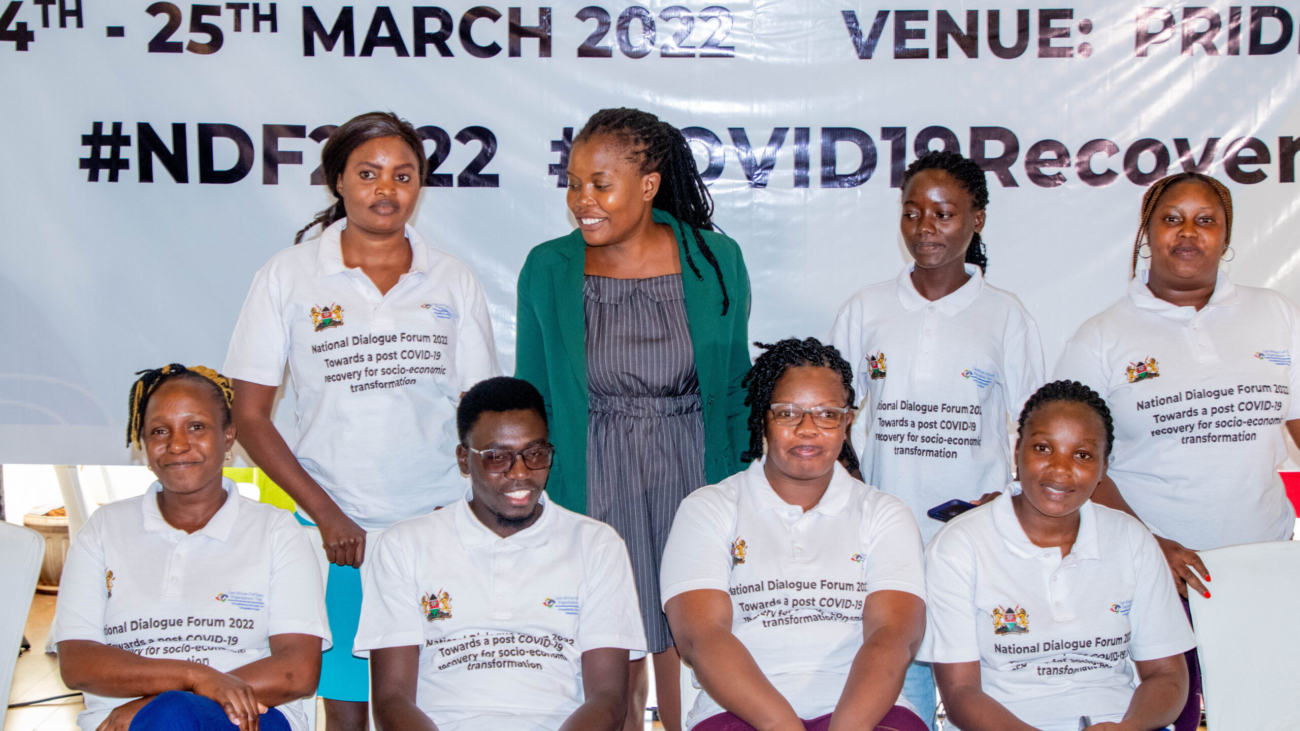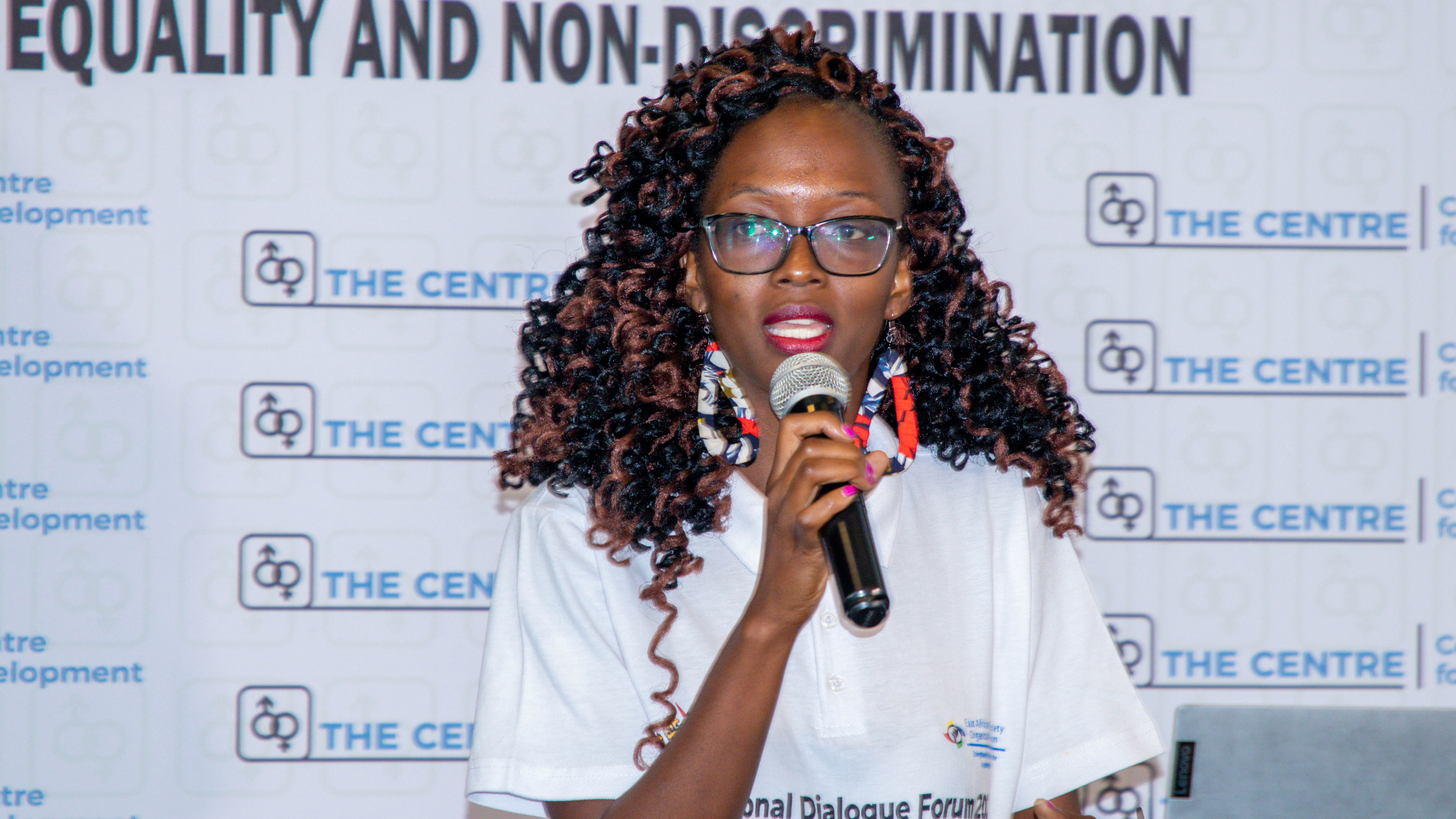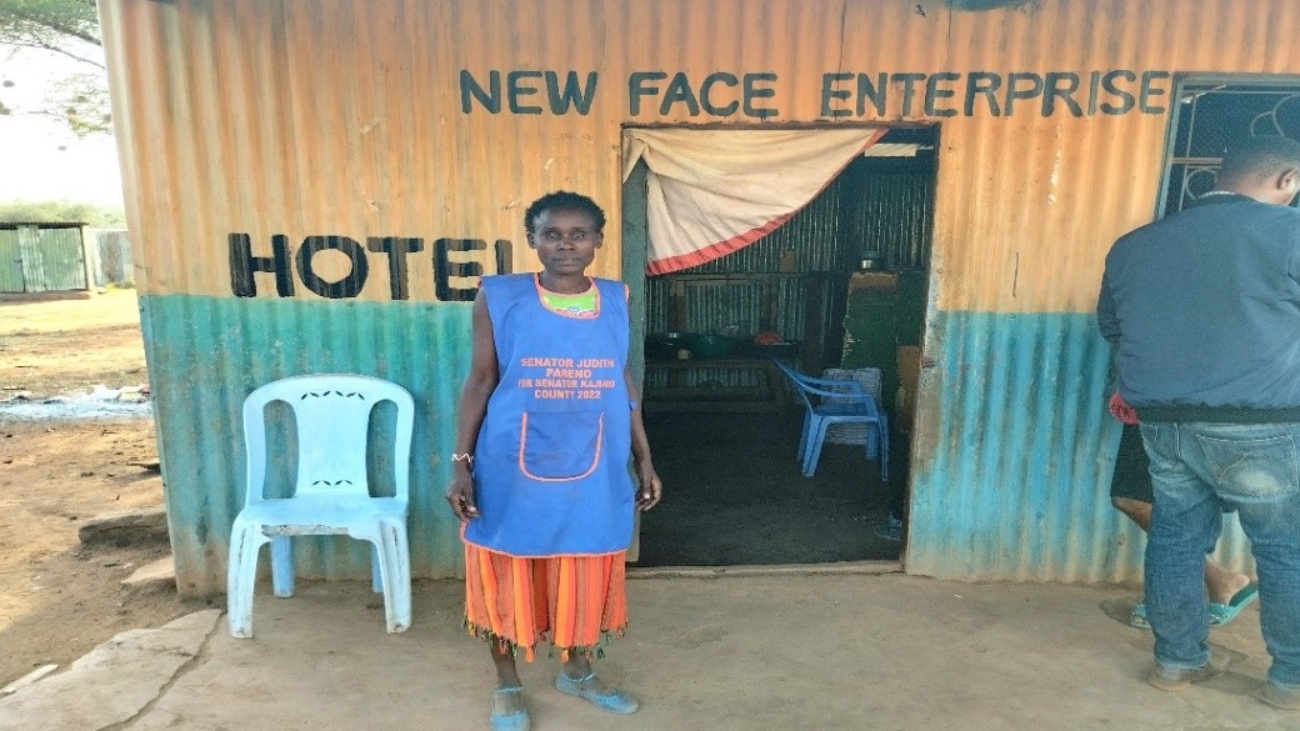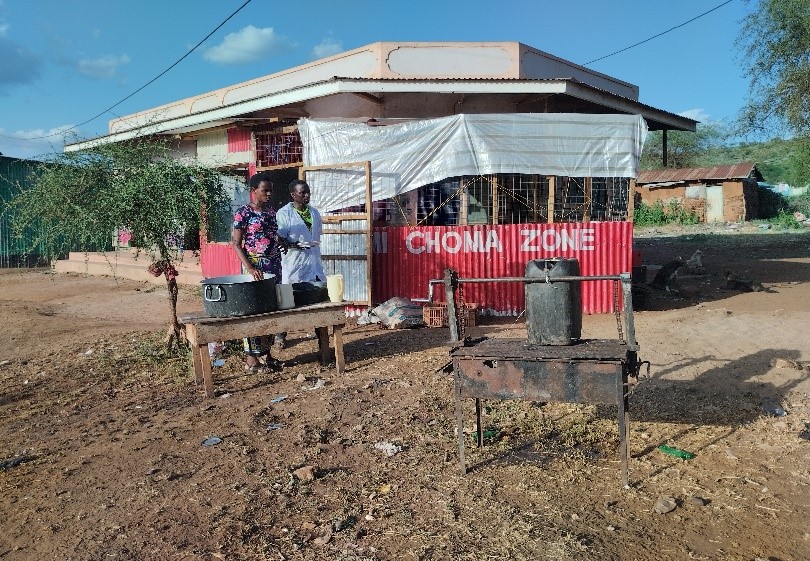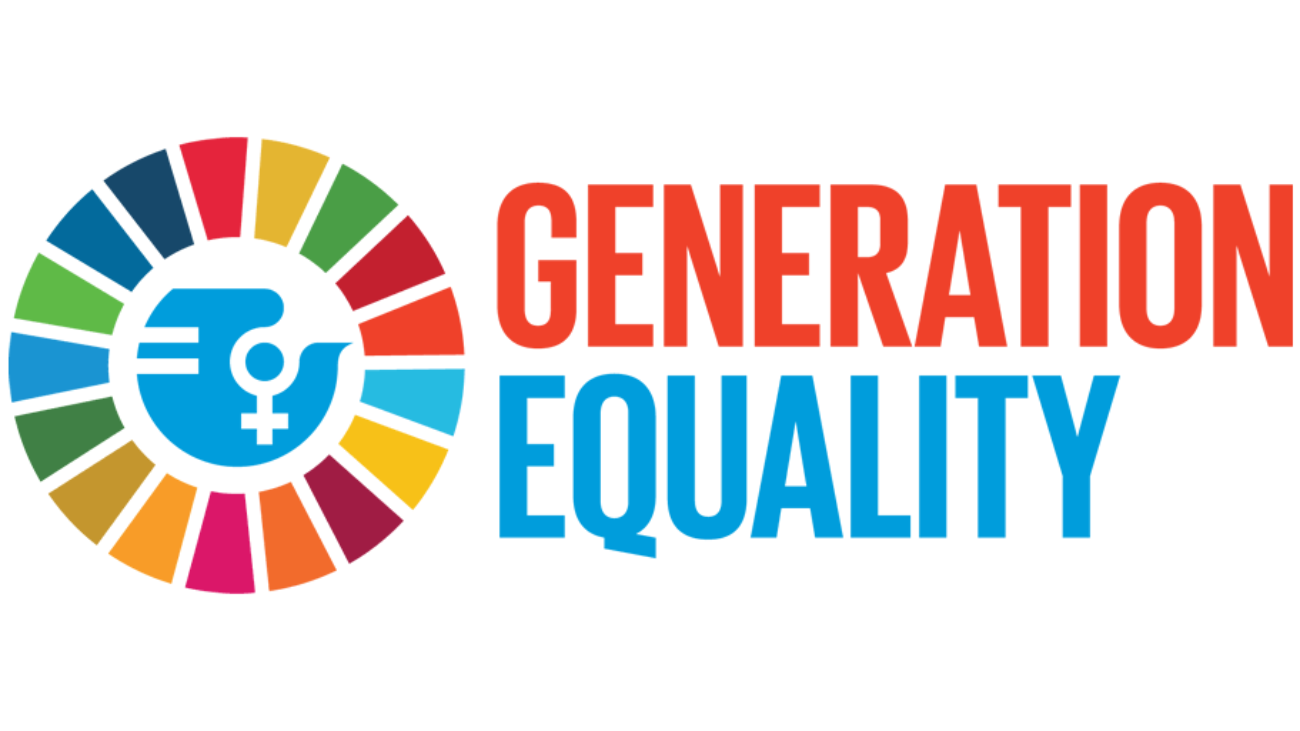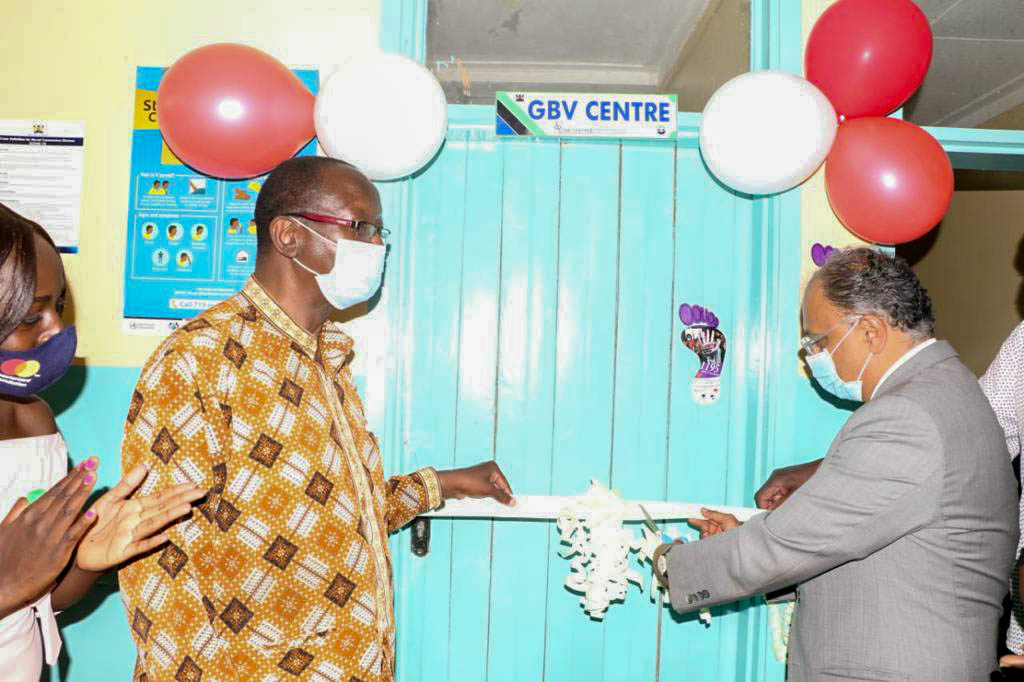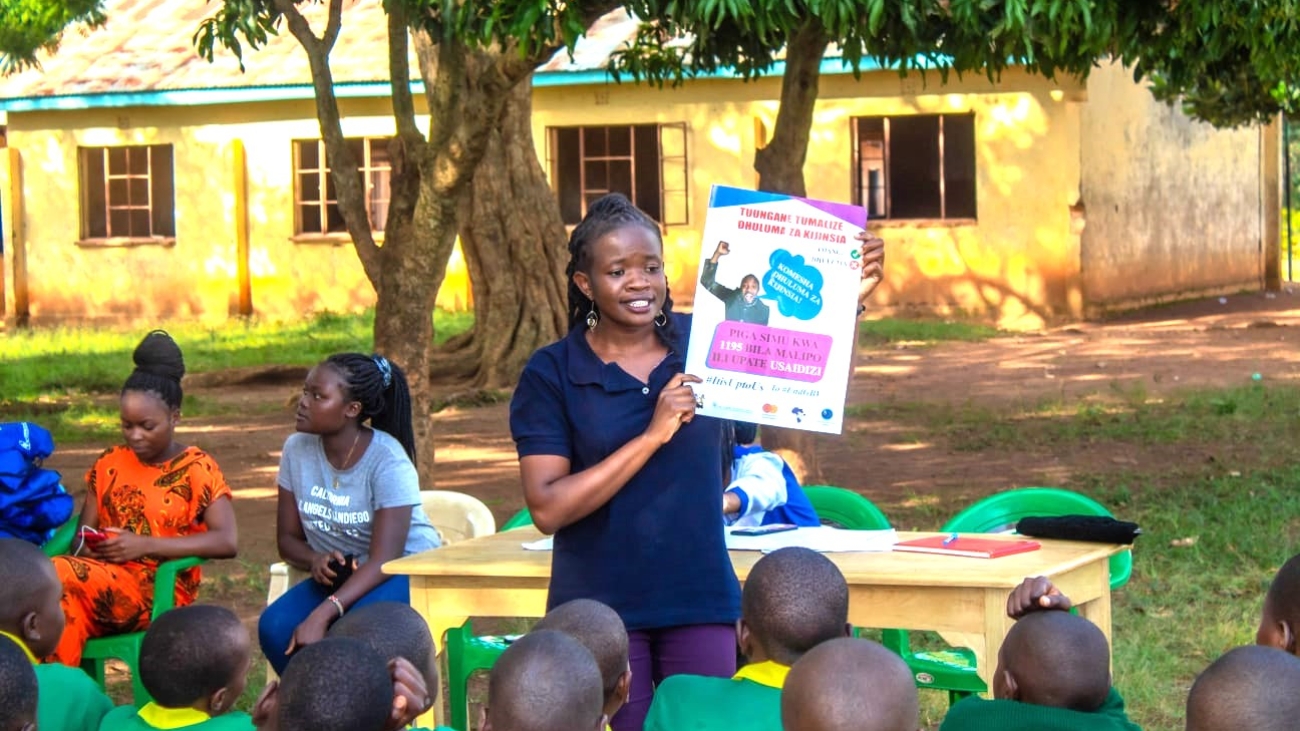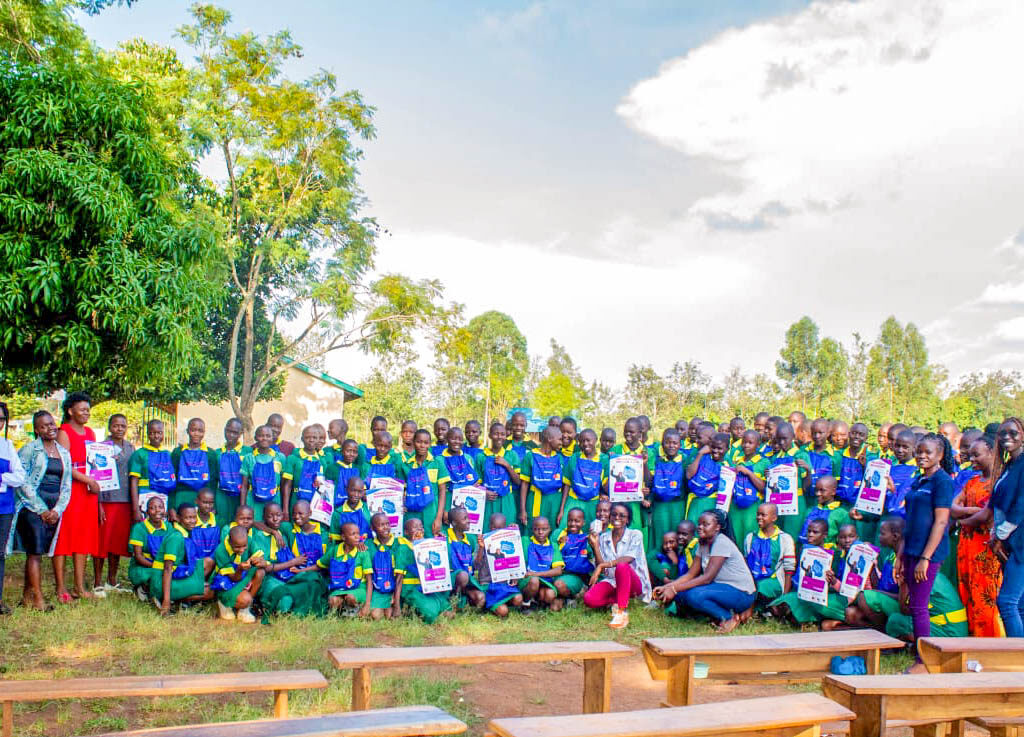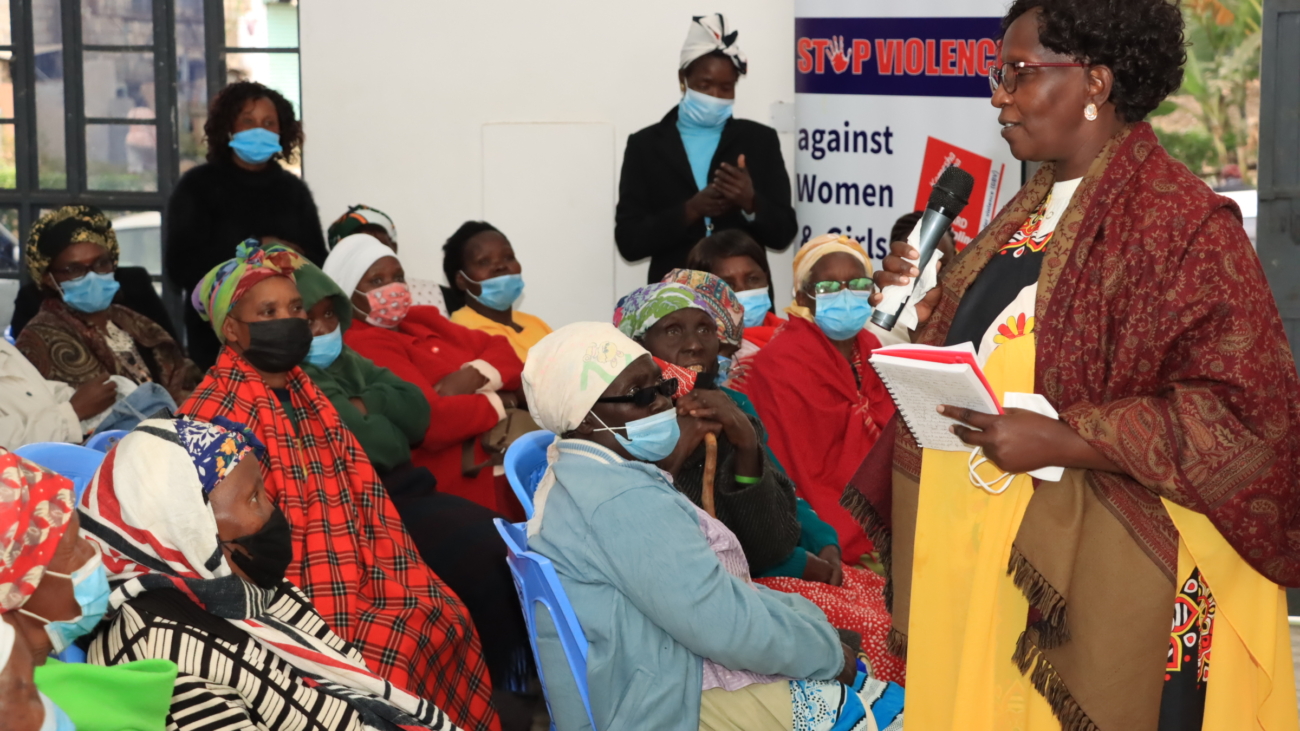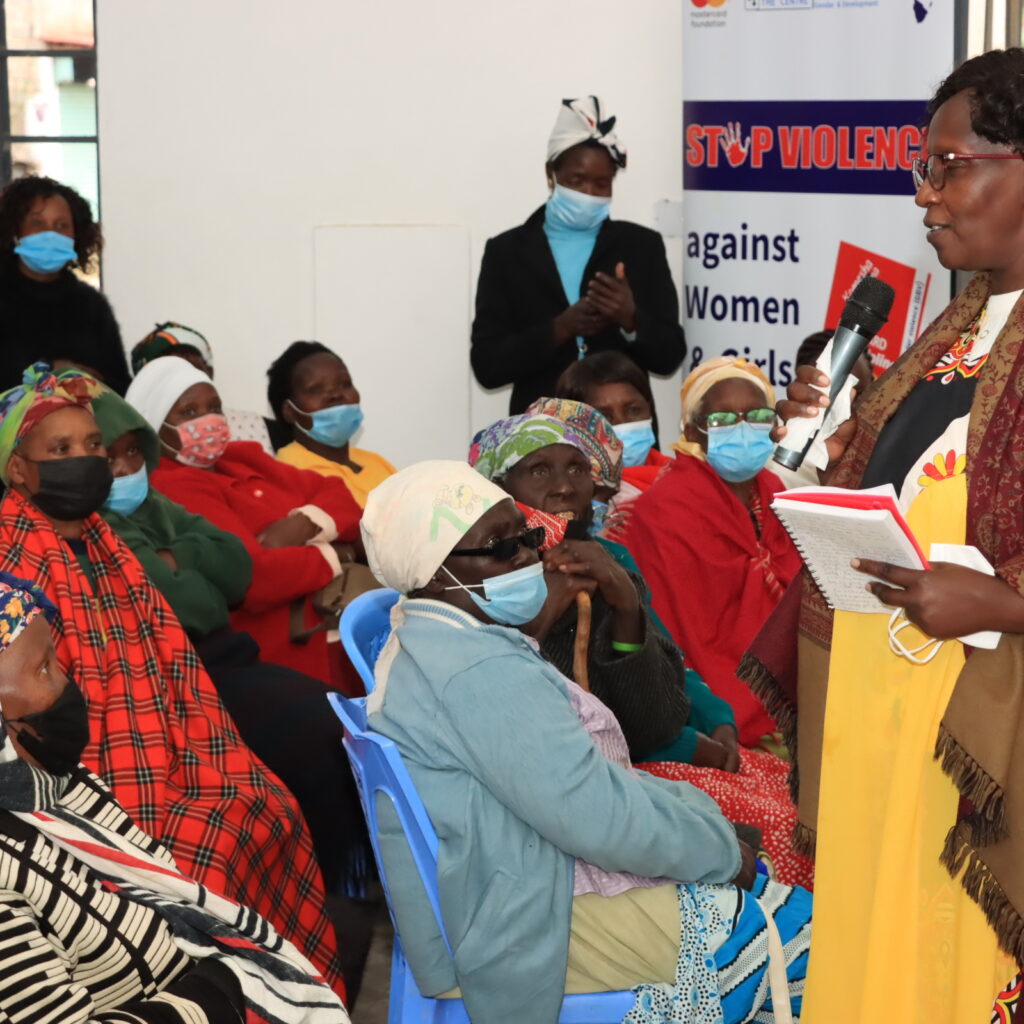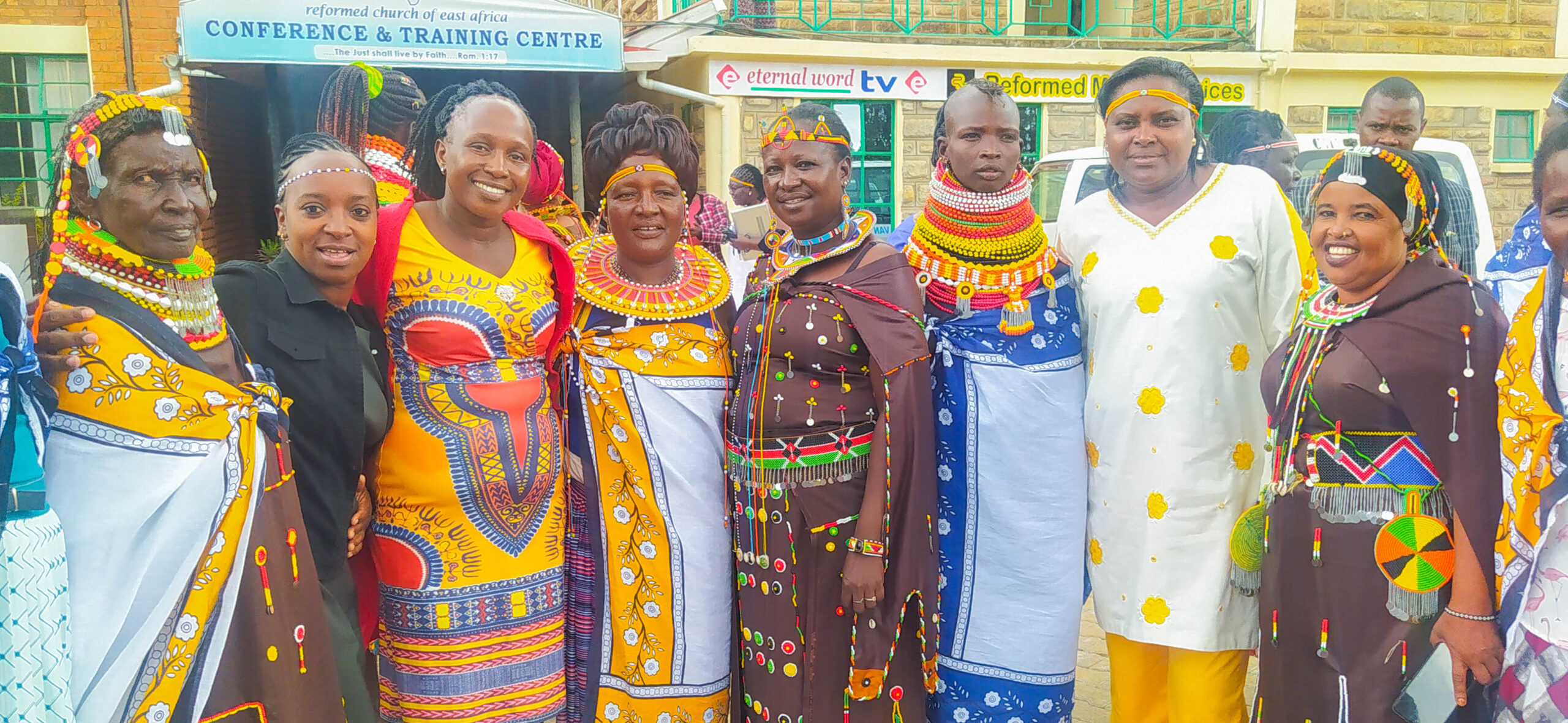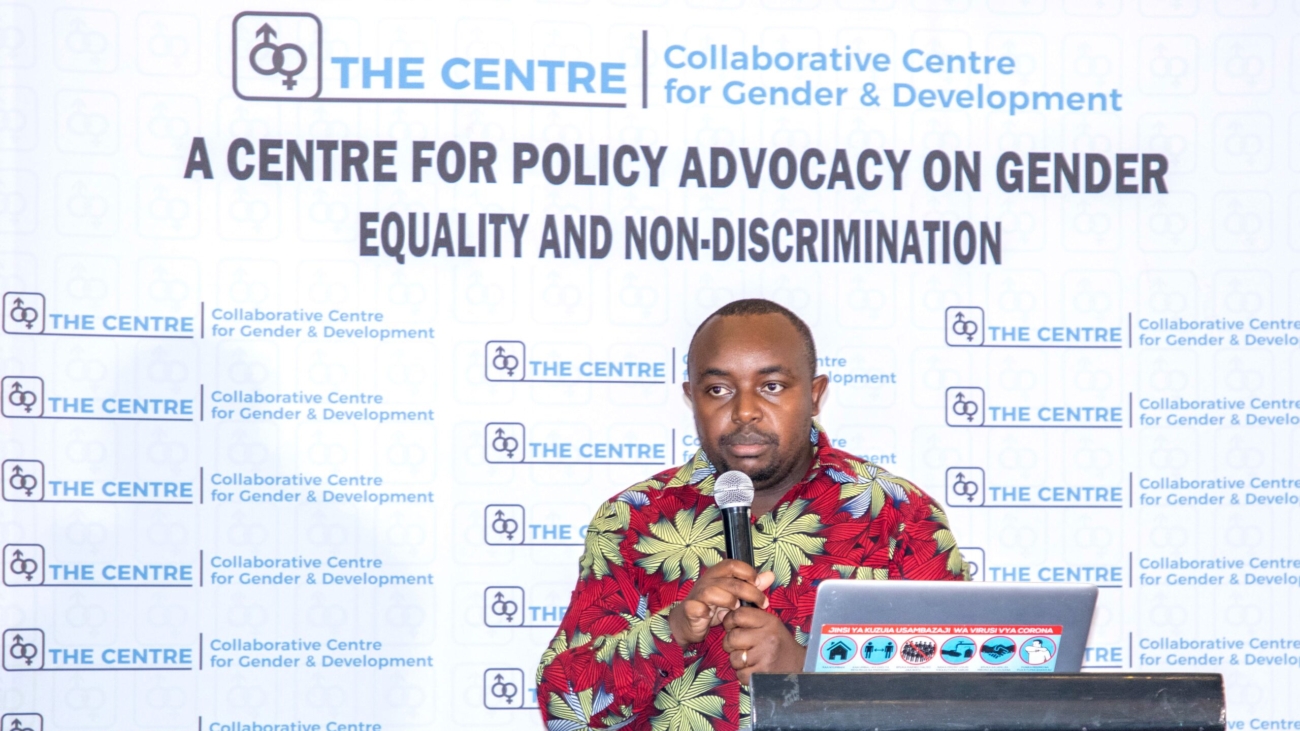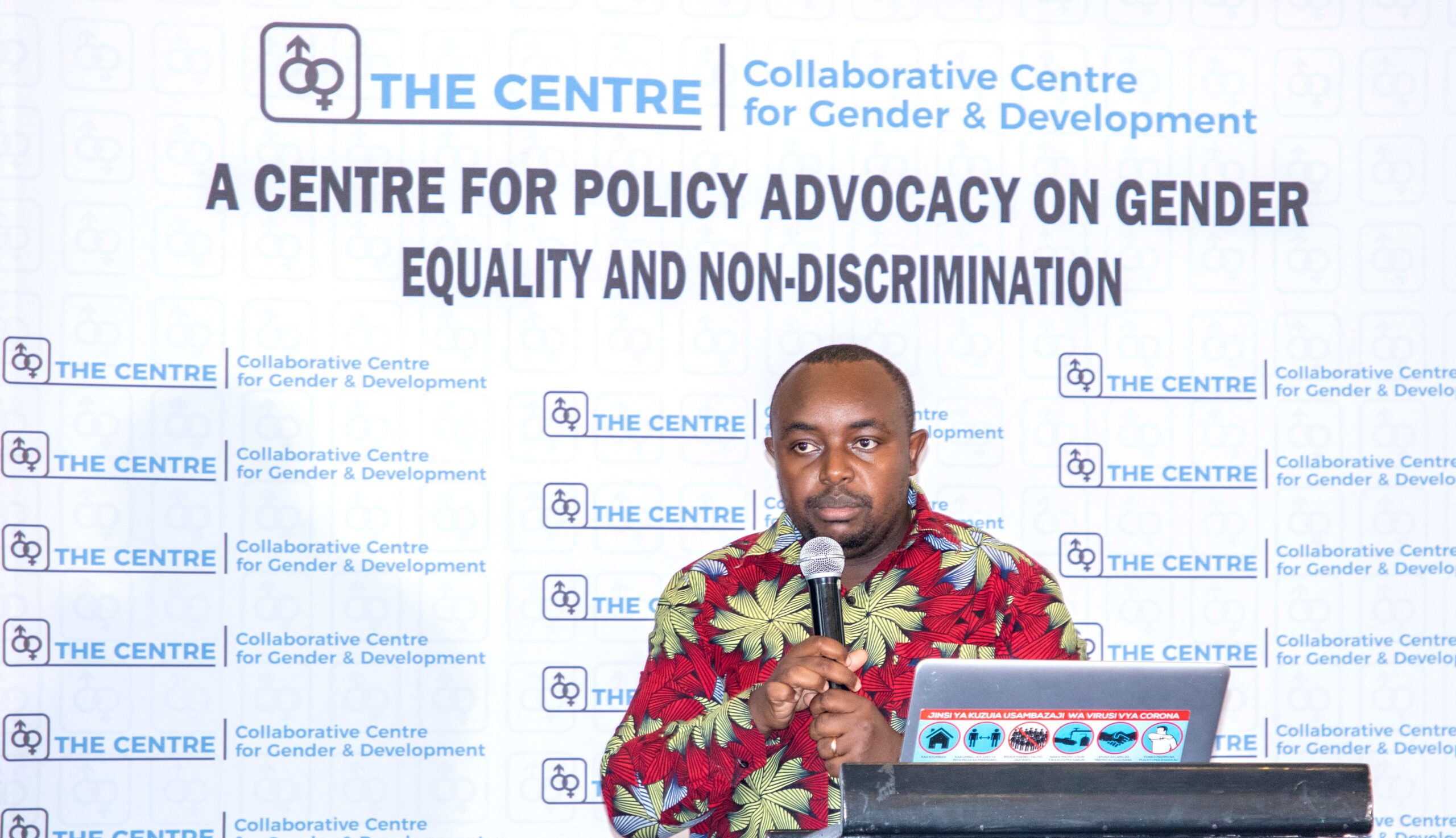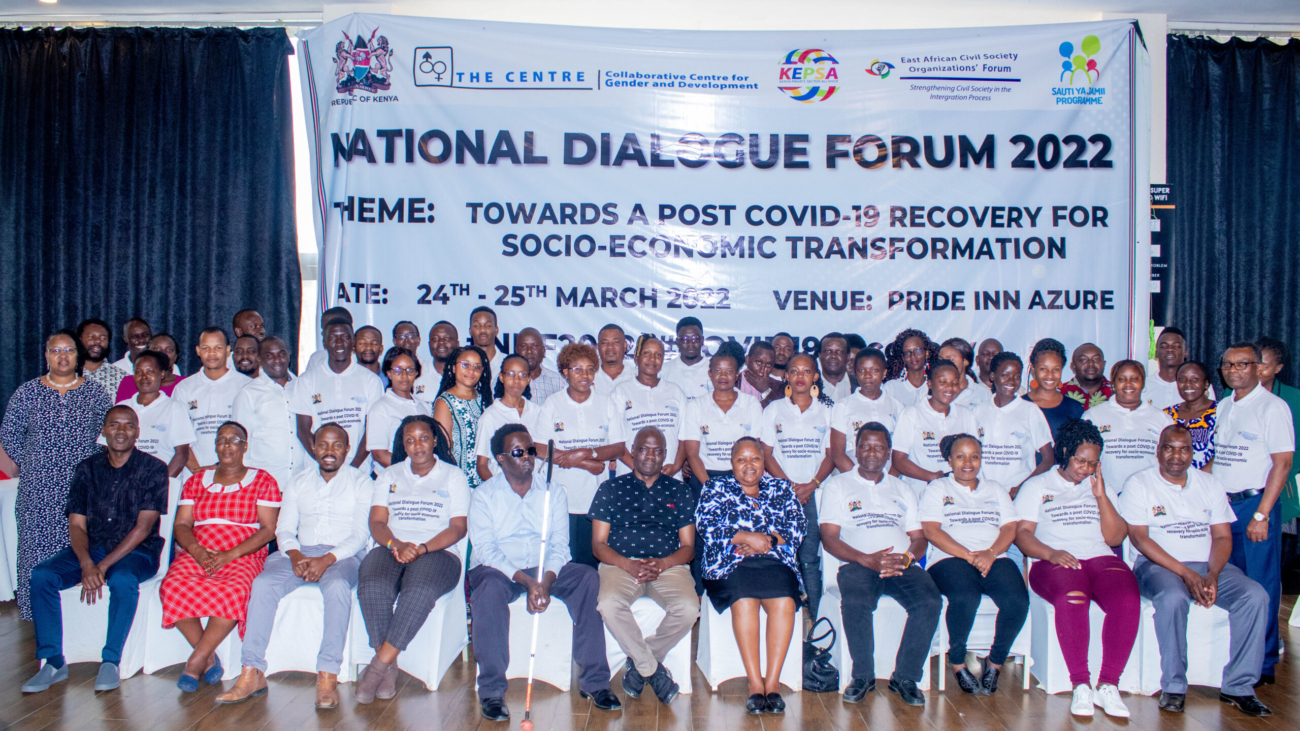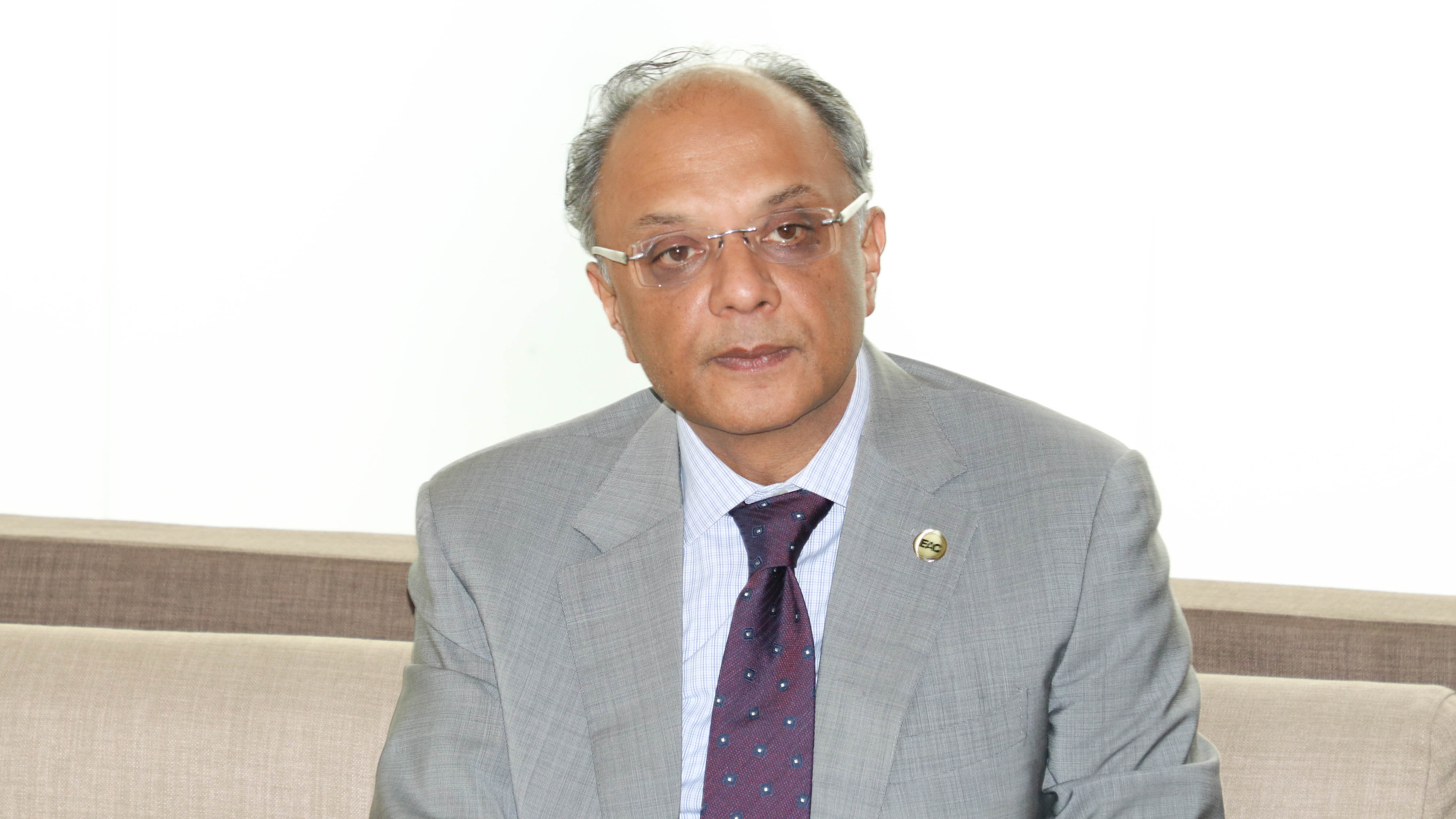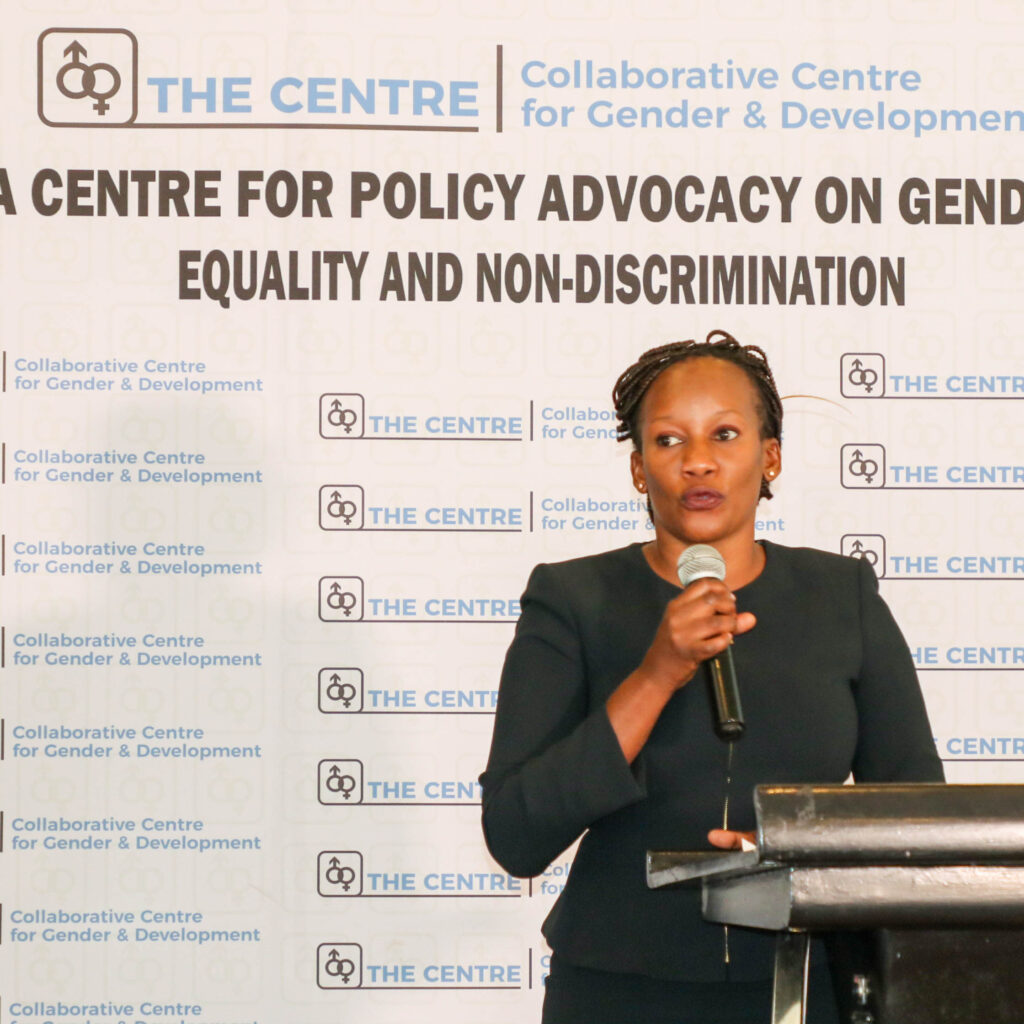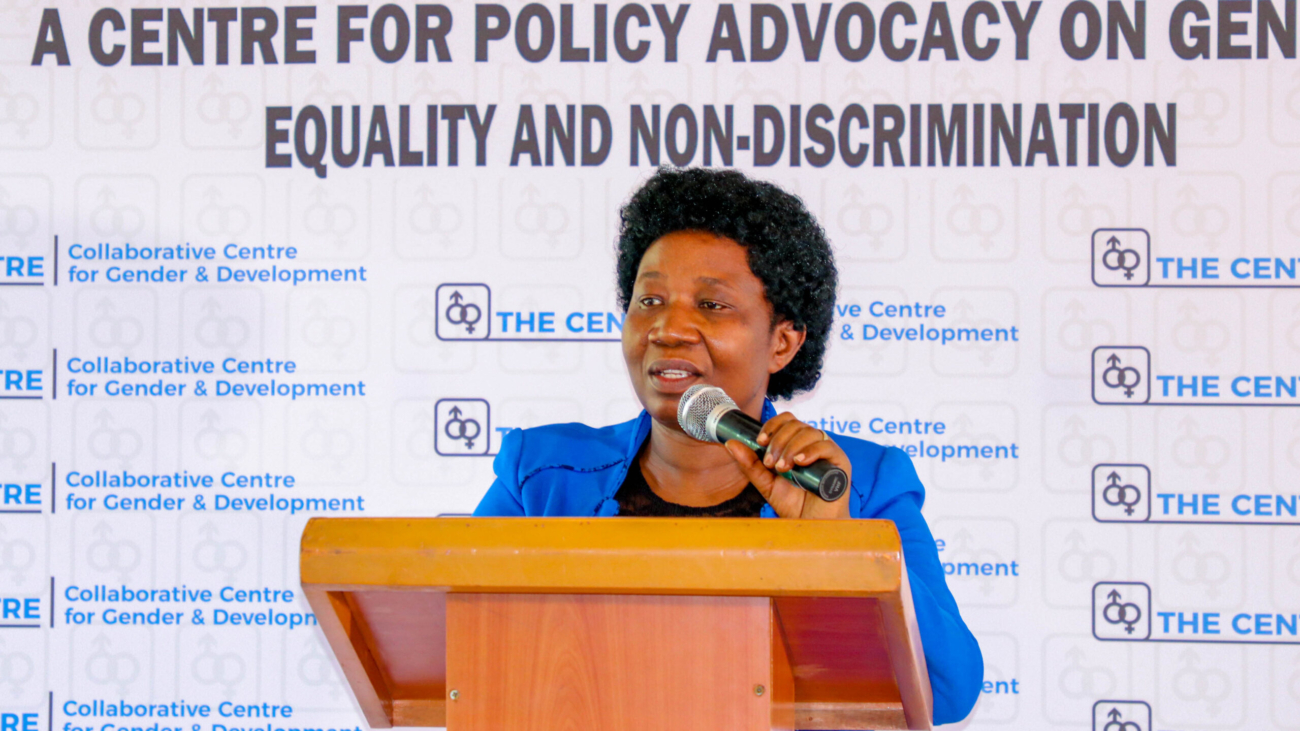Collaborative Centre for Gender and Development (CCGD) in partnership with the Ministry of East African Community and Regional Development, the East Africa Civil Society Organizations’ Forum, and Nathan Associates Foundation convened a two-day stakeholder (state and non-state actors) forum for the launch of a study on women economic empowerment.
The study dubbed, Increasing Salience and Strategic Engagement for Women’s Economic Empowerment (WEE), Women Empowerment Collectives (WECs), and Gender Integration (GI) was conducted between October and December 2021 with a focus on the WEE, WECs, and GI policy and projects and initiatives outside the Ministry in charge of Gender, State Department/ Agencies directly charged with advancing women’s empowerment and gender equality.
While addressing the stakeholders, the Principal Secretary, State Department for East African Community Dr. Kevit Desai stated that a lot of efforts have been put into women’s economic empowerment especially around building the capacity of the women cross-border traders. He attributed these efforts to the able leadership of Mr. Masheti Masinjila, the Executive Director of CCGD, and Prof. Wanjiku Kabira, Director University of Nairobi Women Economic Empowerment Hub (UON-WEE Hub).
The PS noted that the Ministry of East African Community and Regional Development in partnership with development partners have embarked on transformation agenda of engaging the women cross-border traders in the border counties with a view of building their capacities so that they can benefit from the gains of the EAC integration process.
“Towards this end, we will continue to train and capacity build women cross-border traders on the EAC trade rules, regulations, and procedures,” remarked the PS.
He said the training has been informed by the reports from the Regional Women in Business Conferences that took place in Kigali Rwanda and Nairobi Kenya in 2011 and 2015 respectively.
Adding that during the two conferences, the women cross-border traders complained that they struggle to find and understand information on goods and services allowed for trade in each partner state, the standardization process, the authorization of certificates required, the taxes and tariffs applicable in each country, import and export laws, the rules of origin and customs procedures among other details that are important for trade within the EAC region.
In addressing some of the issues raised by the women traders, Dr. Desai pointed out that Kenya in partnership with the International Labor Organization (ILO) initiated the process of developing a simplified guide to EAC trade rules, regulations, and procedures for cross-border trade to enable women traders to access all the relevant information regarding cross border trade.
The training he said will boost the business of 16 Million traders in the EAC region of 70% are women dealing with primary stable and agricultural commodities.
Unpaid care work
Dr. Desai noted that despite the efforts put toward women’s economic empowerment, there still existing gaps that need urgent attention, saying that a lot of work done by women are not rewarded.
“A lot of work done by women for example the care work is either not paid or underpaid,” he said.
Adding: “If women must meaningfully participate and benefit from the economic endeavors then the skills must be home and targeted for wealth creation and their well-being and that of the Nation.”
He called on the country not to see women as passive recipients of women’s support but as active abled partners in this human economic endeavor.
On his part, CCGD Executive Director, Mr. Masheti Masinjila noted that the study focused on women simply because of the number of women in business not only in the EAC region but in Africa.
“Africa is unique in the world having more women actively involved in the informal business which serves the biggest majority of the people in terms of the population,” said Masheti.
He called on the stakeholders to support businesses done by women saying that such businesses have a direct impact on the greatest part of the population and such a population will be directly affected if women’s businesses are not supported.
The ED noted that the findings of the study on Increasing Salience and Strategic Engagement for Women’s Economic Empowerment (WEE), Women Empowerment Collectives (WECs), and Gender Integration (GI) will be shared with stakeholders and other policymakers to enable them to understand the obstacles women in the business face in Kenya.
Adding that the study will also provide an opportunity for the stakeholders to directly engage the women traders in terms of information enhancement, capacity building of the skills, involving them in dialogues where they will gain knowledge about different kinds of resources and sometimes contribute towards the
formulation of the policy framework that assists them in doing their work
“As we speak, important development partners are exchanging information about the prospects available to women, particularly those in lower businesses who require associations to learn more about business,” said Masheti.
The EAC Secretariat
Also present was Generose Minani, the EAC Principal Gender and Community Officer who thanked the organizers for extending the invitation to the EAC Secretariat saying that was an indication that Kenya
cares about the EAC integration.
On women’s economic empowerment, Ms. Minani said at the Gender Department of the EAC Secretariat deals with a component of women in business.
Further, the EAC Gender Policy component five of the policy focuses on trade, business and economic empowerment with a key emphasis on women to bridge the gender gap.
“If it is gender policy, women are highly considered because we all know that this group of the population still lags in spheres of development,” she said.
She urged the stakeholders to put a mechanism that will see the women in business being upgraded from informal trade to formal trade and from small scale to large scale.
Others present during the two-day stakeholder’s forum included East Africa Civil Society Organizations’ Forum Chairperson, Mr. Morris Odhiambo, UON -WEE Hub Research Expert, Dr. Reuben Waswa, Kenya Private Sector Alliance (KEPSA) Public-Private Dialogue Specialist, Mr. Patrick Maingi, Linet Otieno and Chikanne Ezeigbo of African Development Bank, Consultants; Felix Otieno and Mwangi Kahenu, representatives from government Ministries and State Departments/Agencies, Kenya National Bureau of Statistics, Action Aid Kenya, KU-WEE Hub, County Government of Kajiado, Bungoma, Busia and Makueni, Nairobi Metropolitan Services, Kenya Association of Manufacturers.

